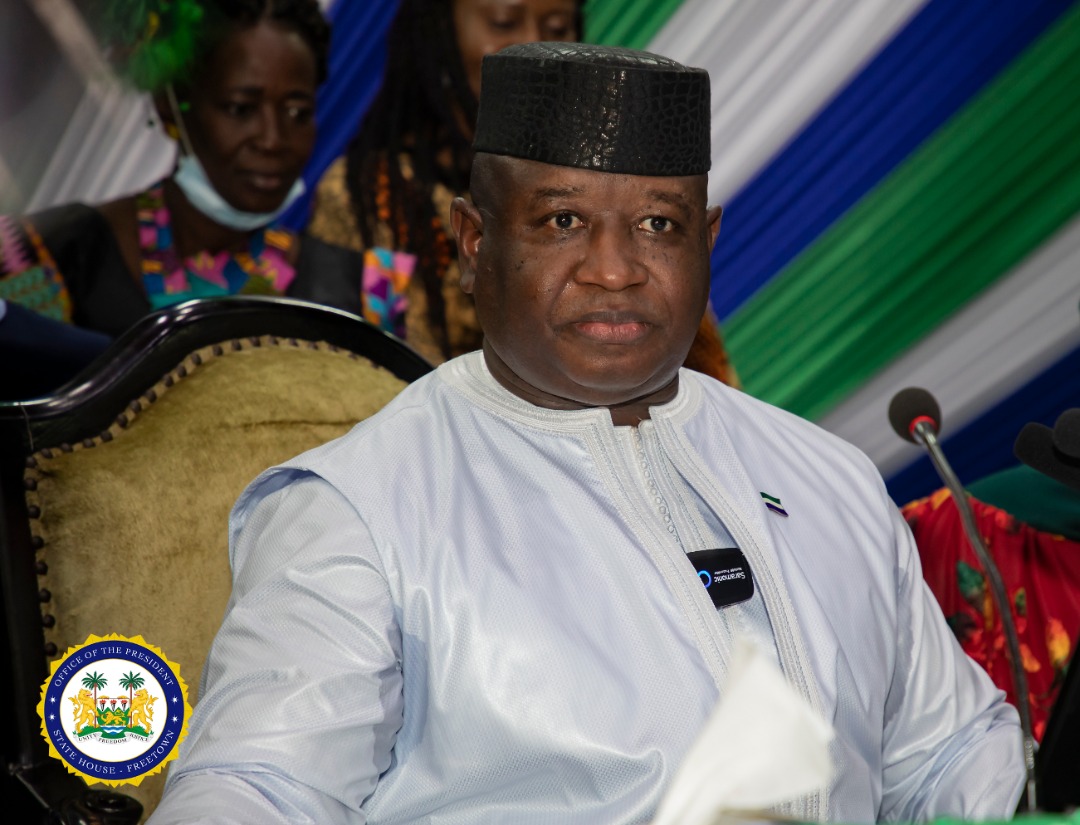During his Presidential Address at the State Opening of the Second Session of the Sixth Parliament, Sierra Leone’s President, Dr. Julius Maada Bio, emphasized the futility of anger and violence in nation-building. He urged citizens to rise above divisive forces and embrace empathy, respect, and compassion as vital components of maintaining Sierra Leone’s status as one of Africa’s top ten most peaceful countries and a global leader in religious tolerance.
President Bio highlighted the dedication of the country’s security and intelligence services in safeguarding peace and stability, acknowledging their efforts in thwarting threats and maintaining democracy. He commended the sacrifices made to protect the nation and praised the improvements in national security mechanisms.
Turning to economic matters, President Bio outlined several initiatives aimed at boosting the agricultural sector. He announced an expansion of rice production through the development of inland valley swamps, irrigated fields, and mechanized land preparation. He also detailed enhancements in mechanization, including the provision of tractors, harvesters, and rice mills, alongside support for riverine areas with new landing craft.
In terms of research and quality inputs, the President emphasized the use of research to improve yields in key crops such as rice, cocoa, and onions. He also discussed the revival of cooperatives to bolster rice farming and cocoa production.
Further, President Bio reported on the establishment of various agribusinesses, including the country’s first cocoa processing factory, a sardine factory utilizing local ingredients, a cashew processing plant, and a large-scale egg production and poultry hatchery. He highlighted the creation of agro-industrial hubs in major rice production regions, the rehabilitation of markets, and the development of infrastructure like bridges and feeder roads.
Additionally, President Bio addressed financial support for agriculture, mentioning community banks, a $10 million agriculture credit facility with a 10% interest rate, and a new crop insurance scheme. He also outlined advancements in Ag-Tech and climate-smart agriculture, including technology for agricultural research, early warning systems for food security, and a national farmers registry linked to identity numbers.
Lastly, President Bio underscored the expansion of opportunities for women and youth in agriculture, particularly in rice processing, and introduced a pilot Out-Grower Scheme in Kambia district to enhance the local production and marketing of parboiled rice at affordable prices.








